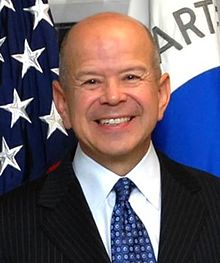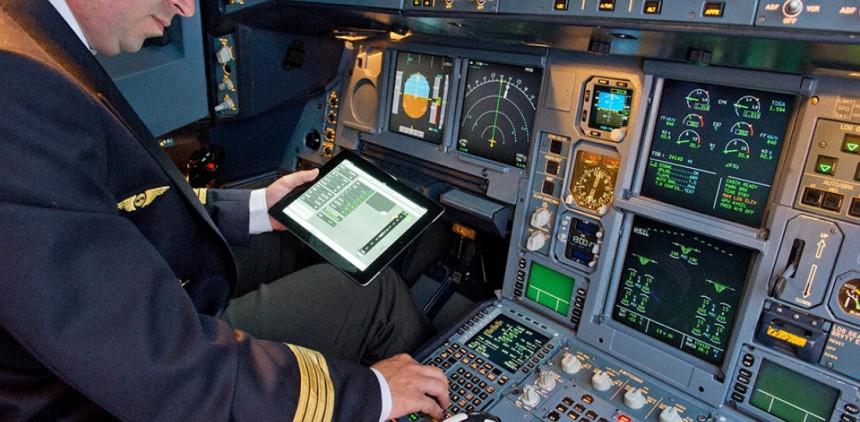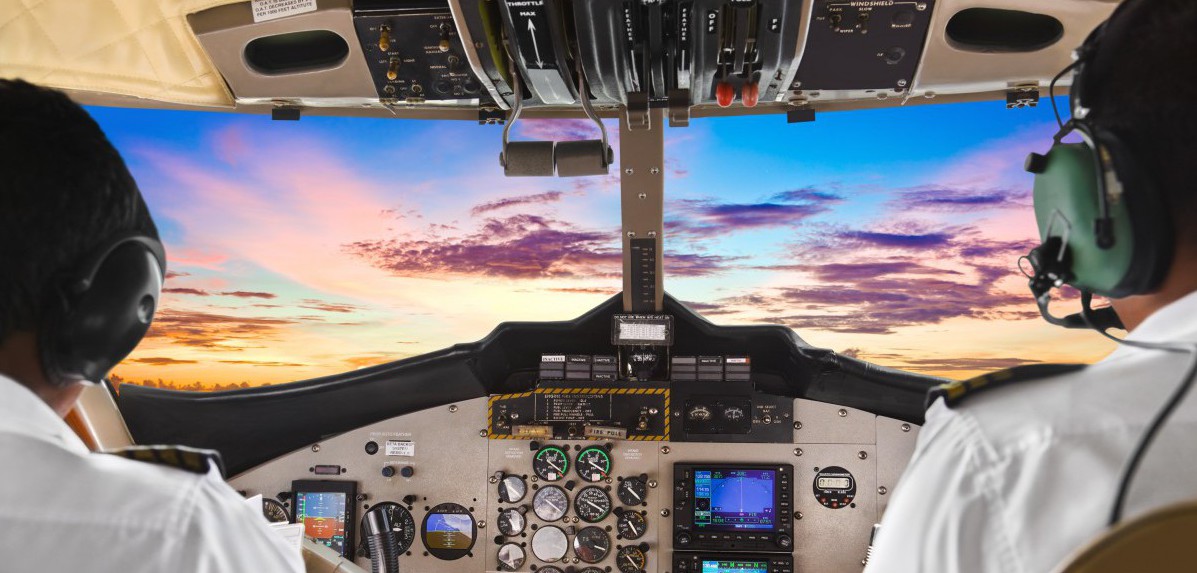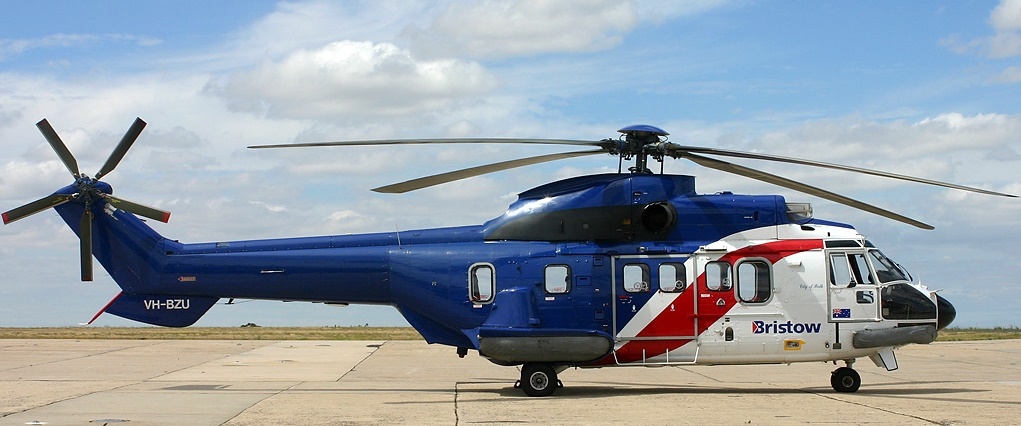FAA to Boost Pilot Training Programs
FAA to Boost Pilot Professional Development

Michael Huerta FAA Administrator
October 6 – FAA Proposal would require leadership and command, and mentoring training for airline pilot training programs. The Federal Aviation Administration (FAA) has proposed to enhance the professional development of U.S. air carrier pilots to make certain that they adhere to standard procedures and prevent behavior which could lead to pilot errors. The rule would require leadership and command training, and mentoring training for pilots-in-command. It would also require each air carrier to establish a committee to develop, administer, and oversee formal pilot mentoring programs.
“Pilots have an enormous responsibility for the safety of their passengers and crew,” said FAA Administrator Michael Huerta. “We have some of the best pilots in the world and should take full advantage of our pilot’s wealth of experience to raise professional standards and cockpit discipline.”
The Notice of Proposed Rulemaking would provide newly hired pilots with an opportunity to observe and become familiar with flight operations procedures before serving as part of a flightcrew. The FAA would require air carriers to revise the curriculum for pilots seeking to upgrade to pilot-in-command. Air carriers would also provide leadership and command, and mentoring training for all pilots-in-command. Air carriers would establish Pilot Professional Development Committees to develop, administer, and oversee formal pilot mentoring programs. A committee would consist of at least one manager and one pilot and would meet on a regular basis.
Following the Colgan Air Flight 3407 accident, air carriers and unions responded to the FAA’s Call to Action and pledged support for professional standards and ethics committees, a code of ethics, and safety risk management meetings. Today’s proposal responds to the Airline Safety and Federal Aviation Administration Extension Act of 2010, which directed the FAA to issue a regulation to address professional development, leadership, and mentoring of air carrier pilots. It also responds to National Transportation Safety Board recommendations on pilot professionalism, leadership, and adherence to the sterile cockpit rule. The sterile cockpit rule prohibits pilots from engaging in any activity during a critical phase of flight which could distract or interfere with his or her duties.
The proposed rule incorporates the work of the Flight Crewmember Mentoring, Leadership, and Professional Development Aviation Rulemaking Committee (ARC), the Flightcrew Member Training Hours Requirement Review ARC, and the Air Carrier Safety and Pilot Training ARC. All three ARCs were comprised of labor, industry, and FAA experts who provided recommendations to the FAA. The FAA also analyzed recent changes to pilot certification and qualifications to serve as an air carrier pilot-in-command.
ATMS Commercial Aviation Training and Learning Management System















